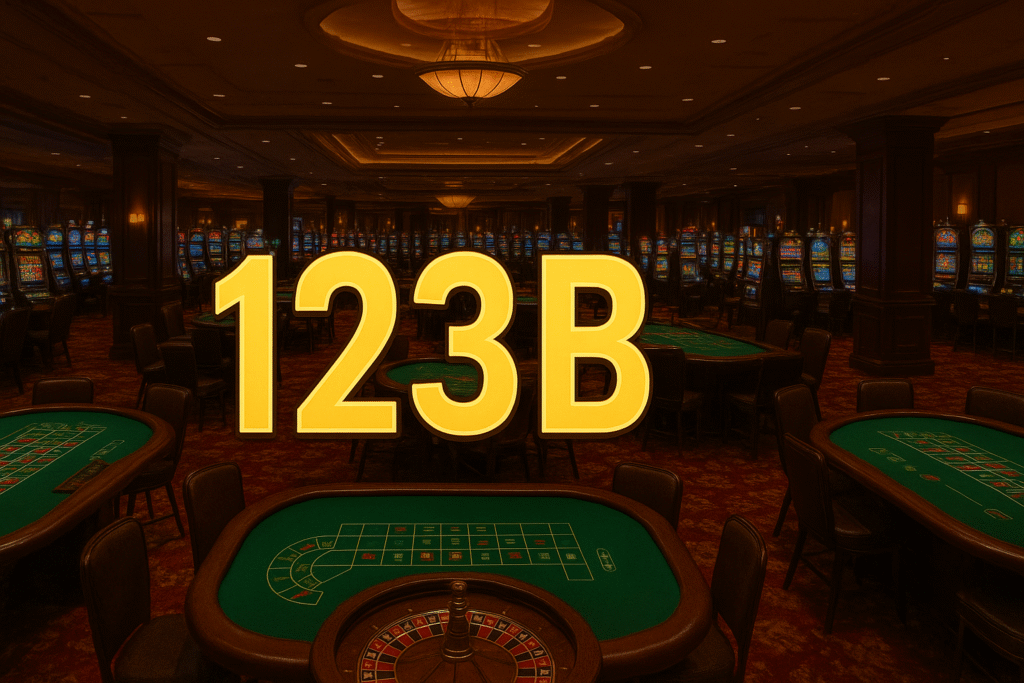
Casinos have always thrived on innovation, from the invention of slot machines to the rise of online platforms. Today, one of the most promising technologies shaping the gambling industry is virtual reality (VR). By creating immersive digital environments, VR has the potential to revolutionize how players experience casinos, blending the excitement of land-based venues with the convenience of online play.
What Is Virtual Reality in Gambling?
Virtual reality uses specialized headsets and software to create 3D, interactive environments. In the context of casinos, this means players can step into a realistic virtual space, walk through a casino floor, and interact with games as if they were physically present.
VR casinos aim to replicate the atmosphere of a brick-and-mortar establishment, complete with tables, dealers, and other players. The difference is that everything takes place in a digital world.
Why VR Appeals to Players
The appeal of VR in gambling lies in immersion and interactivity. Traditional online games, while entertaining, lack the physical presence of a real casino. VR addresses this by offering:
- Realistic environments – Detailed graphics create the look and feel of a luxurious casino.
- Social interaction – Players can interact with others through avatars and chat systems.
- Engagement – The act of moving through a digital casino feels more dynamic than clicking on menus.
- Novelty – VR provides a fresh experience for seasoned gamblers seeking something new.
This level of engagement makes VR particularly attractive to tech-savvy players looking for more than standard online games.
The Technology Driving VR Casinos
The development of VR casinos depends on advancements in both hardware and software. High-resolution headsets, motion tracking, and powerful processors allow for smooth, lifelike experiences. Meanwhile, casino developers use 3D design and interactive features to build games that feel authentic.
Some platforms are even experimenting with integrating live dealers into VR spaces, combining real human interaction with immersive environments.
Challenges to Adoption
Despite its potential, VR gambling faces certain challenges. The cost of VR equipment can be high, limiting accessibility for casual players. Additionally, the technology requires stable internet connections and powerful devices to function effectively.
However, as VR headsets become more affordable and widespread, adoption is expected to grow. Just as mobile gaming once seemed like a novelty, VR is on track to become a mainstream feature of the casino industry.
Responsible VR Gaming
The immersive nature of VR raises questions about responsible play. Spending extended time in virtual environments can make it easy to lose track of reality. That’s why forward-thinking platforms integrate features such as session reminders, time trackers, and spending controls to help players maintain balance.
These measures ensure that VR remains a form of entertainment rather than a risk.
A Platform Embracing Innovation
For players curious about secure and engaging online experiences, 123B provides a platform that embraces modern technology. While VR continues to grow, it already offers players diverse games, strong security, and user-friendly design, making it a trusted option in the evolving world of online gambling.
Conclusion
Virtual reality is set to transform the casino industry by creating immersive, interactive environments that rival traditional casinos. Though still developing, VR offers a glimpse of the future of gambling, where technology and entertainment merge seamlessly. As adoption increases, players can look forward to an entirely new way to experience the thrill of casinos.